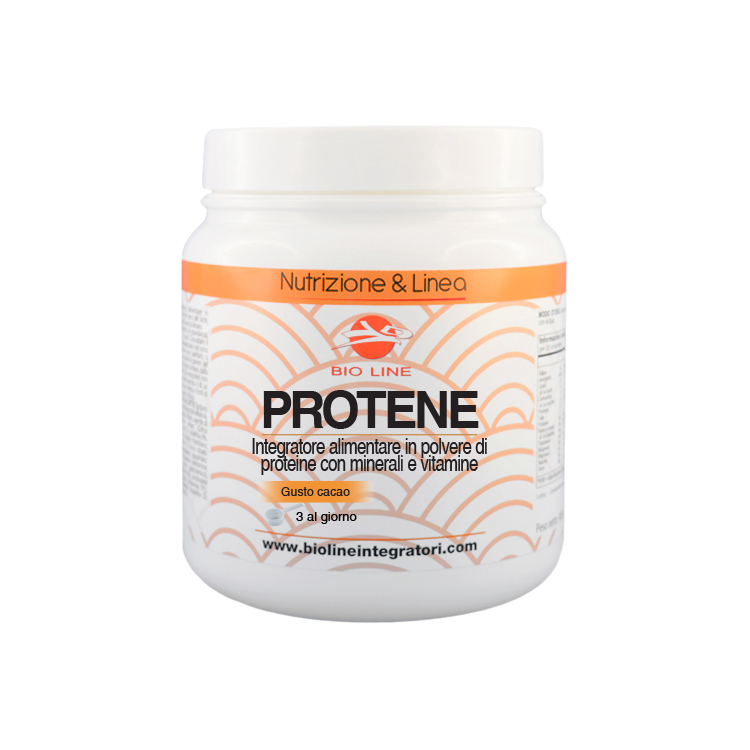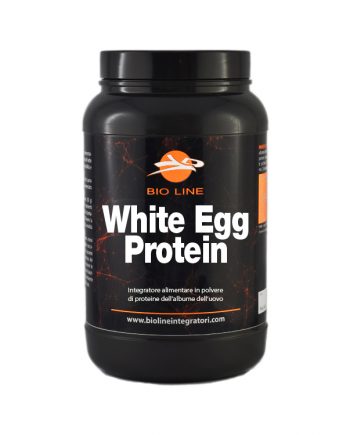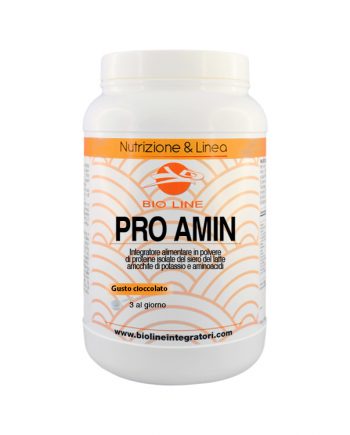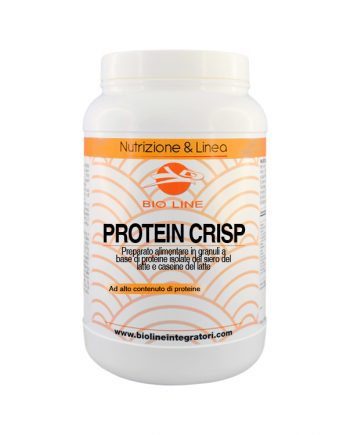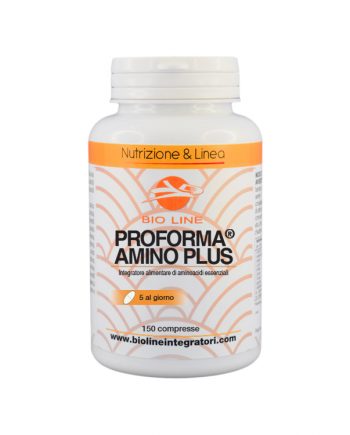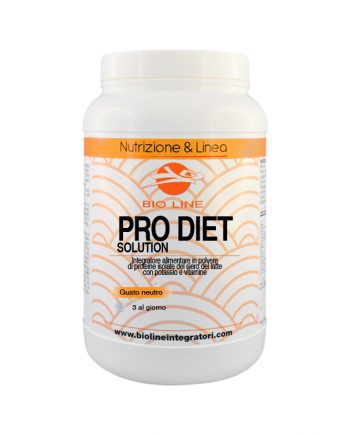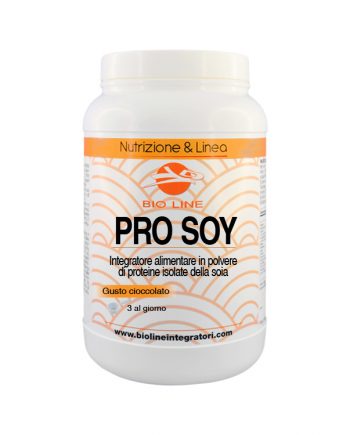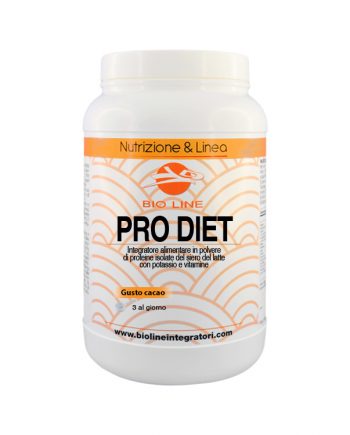Protene with sweeteners - Carbohydrate and protein supplement with vitamins and minerals
The consumption of protein supplements can be useful for:
- benefit from a quality protein source;
- increase the amount of protein in the diet.
Protein contributes to the maintenance and growth of muscle mass.
Properties of components
– Maltodextrin: they are carbohydrates with a medium assimilation rate obtained by hydrolysis of corn starch, they consist of glucose polymers. The dextrose equivalence (DE) value of maltodextrins is 18.
– Whey Protein Isolate: are proteins with a high biological value, low in sugar (0.5%) and fat free (0.3%), obtained through cross-flow filtration processes of whey, thus obtaining a filtrate containing 90-92% of proteins.
– Concentrated whey protein: they are proteins with a high biological value, low in sugar (3%), obtained through processes of concentration and high pressure filtration of whey, thus obtaining a filtrate containing 80% of proteins.
– Calcium caseinate: is a high biological value protein, low in fat (1.5%) and sugar free (0.1%), obtained through spry-dried processes and treated with mono and diglycerides of food grade fatty acids. The product thus acquires a remarkable ability to disperse in water with which it forms a stable colloidal complex.
– Chicory inulin powder is a water-soluble dietary fiber obtained from the chicory root (Cichorium intybus). Almost all of the inulin powder (90%) consists of fructose polymers organized in long chains, joined together by β (2-1) bonds that cannot be digested by the enzymes of the human digestive system.
Inulin is a source of fiber (89%), no fat (0%) and no added sugars (naturally contains sugars - 8%).
– Potassium: contributes to the functioning of the nervous and muscular systems and to the control of blood pressure.
– Magnesium: contributes to muscle function, the reduction of tiredness and fatigue.
– Iron: contributes to the formation of hemoglobin and to the activity of the immune system
– Zinc: contributes to the metabolism of fatty acids, Vitamin A and to normal acid-base and carbohydrate metabolism.
– Manganese: contributes to the formation of connective tissues and to the protection of cells from oxidative stress.
– Molybdenum: contributes to the normal metabolism of sulfur amino acids.
– Selenium: contributes to the function of the immune system and thyroid.
– Copper: contributes to the protection of cells from oxidative stress, to the functioning of the immune system and the nervous system.
– Iodine: contributes to the production and function of thyroid hormones. Cognitive function.
– L-Tryptophan: essential amino acid precursor of the neurotransmitter Serotonin.
– C vitamin: contributes to the function of the immune system during and after intense physical exertion, to the formation of collagen for the function of blood vessels and to the protection of cells from oxidative stress.
– Vitamin E: contributes to the protection of cells from oxidative stress.
– Niacin (Nicotinamide): contributes to the reduction of tiredness and fatigue and to the maintenance of normal skin.
– Pantothenic acid: contributes to energy metabolism, synthesis and metabolism of steroid hormones, vitamin D and some neurotransmitters.
– Vitamin K: contributes to blood clotting and the maintenance of healthy bones.
– Vitamin B2: contributes to normal energy metabolism, to the reduction of tiredness and fatigue.
– Vitamin B6: contributes to normal energy metabolism, to the reduction of tiredness and fatigue, to the functioning of the nervous system and the immune system.
– Vitamin B1: contributes to the functioning of the nervous system and heart function.
– Vitamin B12: contributes to the formation of red blood cells, to the reduction of tiredness and fatigue.
– Vitamin D: contributes to the absorption of calcium and phosphorus and to the maintenance of bones and teeth.
– Folate: contributes to the synthesis of amino acids, the production of red blood cells, the metabolism of homocysteine.
– Beta-carotene (Vitamin A): contributes to iron metabolism, and to the maintenance of vision.
– Biotin: contributes to energy metabolism, to the functioning of the nervous system and to the metabolism of macronutrients.

